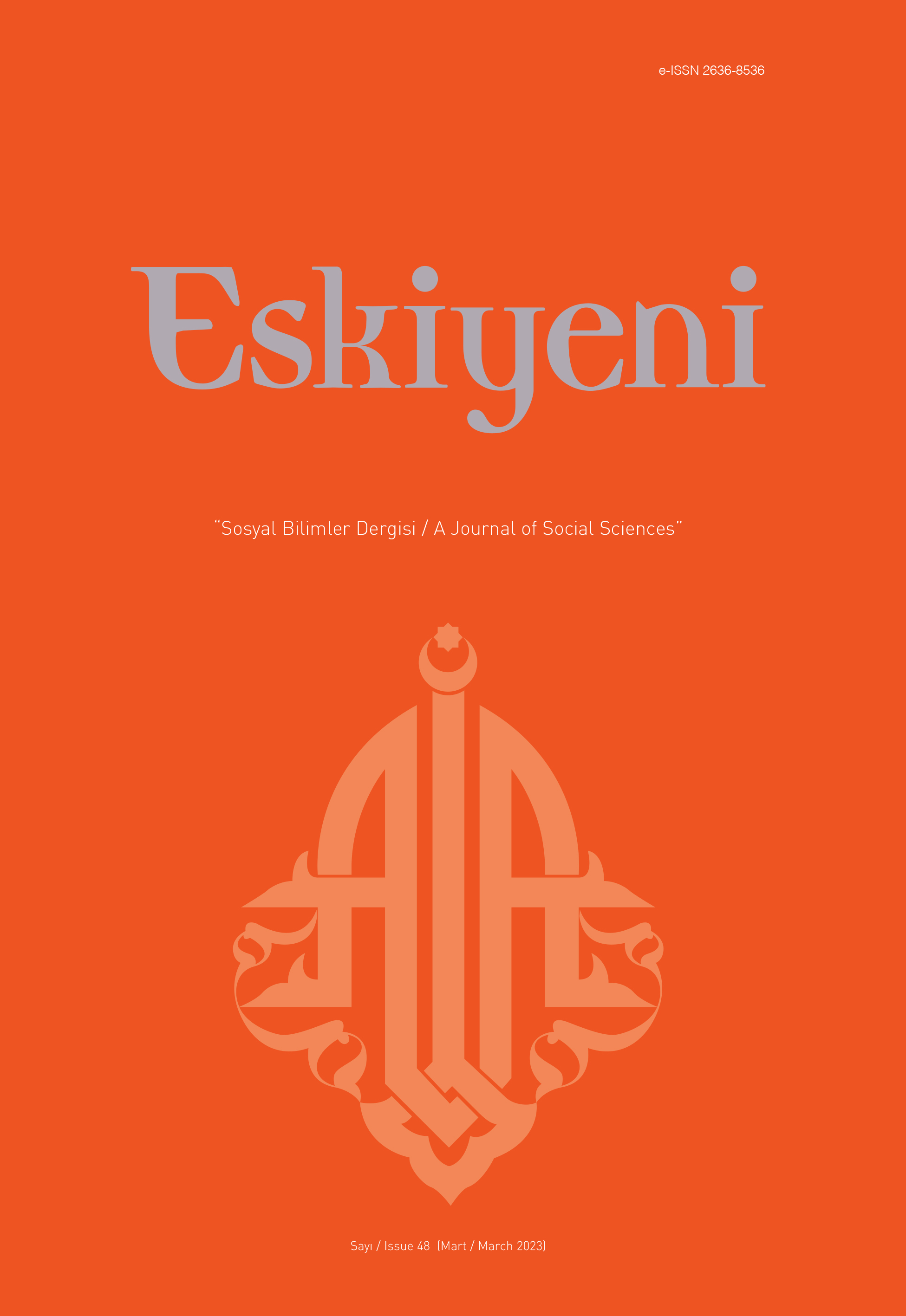Mevlid Okumayı Öğrenme Hususunda Bir Metot Önerisi
A Method Recommendation for Learning to Perform Mawlid
Author(s): Muhammet SEVİNÇSubject(s): Music, Theology and Religion, Islam studies
Published by: Anadolu İlahiyat Akademisi
Keywords: Turkish Religious Music; Mosque Music; Mawlid; Wasilat al-Najat; Süleymān Çelebi; Mawlid Ceremony; Composed Mawlid;
Summary/Abstract: Since the day it was written by Süleymān Çelebi (d. 1422), Wasilat al-Najcat, one of the important examples of our religious music, which has been composed or performed freely on every occasion, has received a compliment that is rarely seen in history. Today, especially in Anatolia and in regions that are Ottoman remnants, mawlids continue to be recited in various languages besides Turkish, as a sign of affection for the Prophet Muhammad (pbuh). In addition to religious officials who undertake the task of providing religious services to society, it is important that theology faculty students and imam hatip high school students who aspire to this service develop themselves in matters such as mawlid performing to meet the expectations of the society, in addition to basic religious services. Whether he has musical talent or not, it is expected from a religious official to recite mawlids on various occasions in the mosque or private societies where he works. Therefore, having knowledge and experience, even at a minimum, should be seen as a need that should not be ignored by religious officials. In this study, first of all, the historical process of mawlid ceremonies will be mentioned, then the traditional performance of mawlid as a religious music genre will be discussed. Then, a method proposal that can be used in mawlid performing education will be presented through Ḥāfiẓ Fātih Koca's composed mawlid, which is the main subject of our study. In addition, the notation of the mawlid with the aforementioned composition will also be included. The main purpose of this method, which we propose based on the mawlid composed by Koca, is to provide students with the ability to recite the mawlid in accordance with the meter (wazn), to eliminate pronunciation errors, and to provide the ability to recite the mawlid at a minimum level by showing the maqams traditionally used in mawlid sections (bahir) and the basic tunes (naghma) of these mawlids.
Journal: Eskiyeni
- Issue Year: 2023
- Issue No: 48
- Page Range: 155-183
- Page Count: 29
- Language: Turkish

